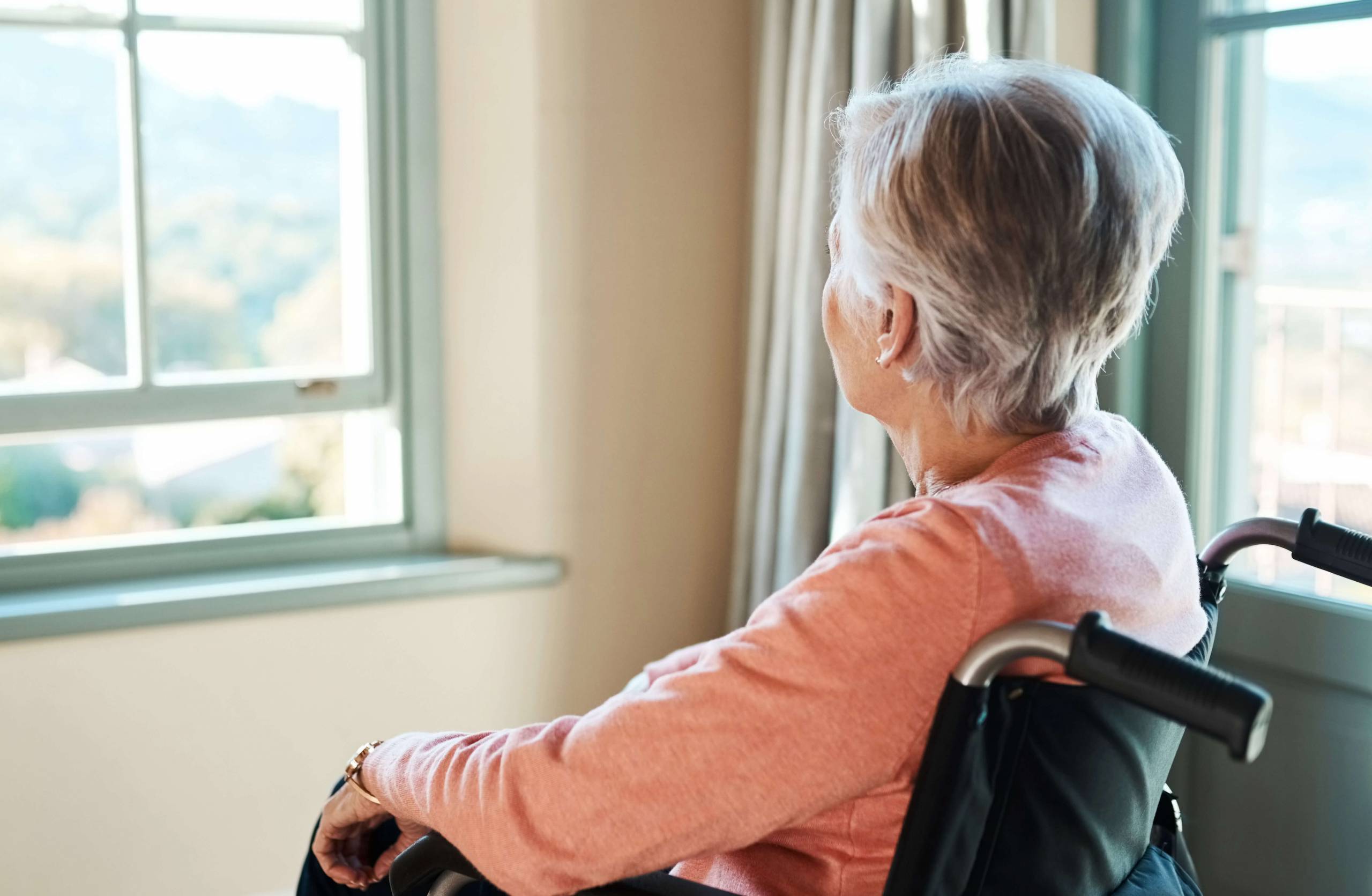Understanding Loneliness and Social Isolation in Older Adults

We all know humans are social animals. We’re wired to love, to be part of a community, to form relationships, converse and interact.
But now scientists are discovering how important those things are to health. Simple human interactions that so many of us take for granted turn out to be foundational to good health and good health outcomes.
Research Indicates Higher Risks for the Elderly
Studies are showing that people who are lonely or socially isolated have a 50 percent increased risk of developing dementia. They have an increased risk of heart disease and stroke. They end up in the hospital or emergency room more often. And they have a higher incidence of premature death.
Older adults are especially at risk of feeling lonely and socially isolated because they’re more likely to live alone, to have lost family members and friends who provided a meaningful connection, to have a chronic illness that makes it difficult to get out, or to have hearing loss, which can make them feel lonely even when in a group. And all these potentially isolating issues have been compounded in our era of Covid-19, where “safety” sometimes has meant keeping visitors away.
How Families Can Help Aging Loved Ones
The question is, what can anyone do to help? There’s no formulaic answer, but here are a few things to consider:
- Start with a conversation between the person at risk and the family member he/she most trusts. Find out their social needs and wishes. Everyone is different.
- Is there a way to help your family member reconnect a relationship? Maintain an existing relationship? Develop a new relationship?
- Help facilitate meaningful phone calls.
- Is there a group he/she could join where there’s a shared interest?
- Is transportation a barrier? What local transportation resources are available?
- Befriend your family member. Help him/her do projects or learn more about their special interests – again, start by asking what they want to do. Some people like to play cards or Monopoly or work on a puzzle. Others would hate the thought.
- Take your family member for a walk, even if it’s just to the end of their driveway, where they might run into a neighbor or even the postman. Any interaction is helpful to a person who is feeling isolated and alone. It helps them feel as if they’re part of the world again.
